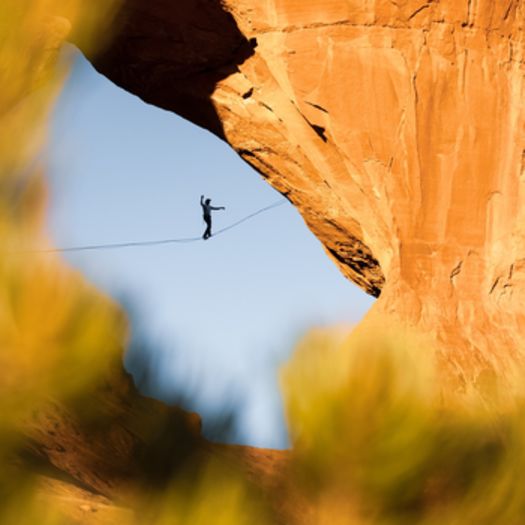Planning an RV trip can be almost as fun as actually taking the trip itself. However, if you are on a tight budget, you might be worried about making the numbers work between the camping fees, fuel costs, and food bills. The good news is that RVing is one of the most affordable ways to travel, largely because you have control over so many of your expenses. With some planning, you can have an extraordinary RV vacation on a budget that works for your wallet.
Here are the five strategies for dialing in the budget while planning and taking RV trips in 2024.
1. Take Care with Your Campground Selection
One of the biggest expenses in RV travel is campground fees. And shockingly, a campsite can cost anywhere from 20-200 dollars. By strategically selecting your campgrounds, you can significantly manage your budget. State parks, national forests, and Army Corps of Engineers sites often offer more affordable rates than private campgrounds.
Don’t fret if you enjoy luxury campground amenities–you don’t have to choose only public campgrounds. Mixing stays between state park campgrounds and select private ones can help maintain an average cost of $60-$70 per night over the course of your RV vacation, a significant savings over hotel or house rental prices. This approach is not only budget-friendly but also allows you to experience a variety of landscapes and facilities. Part of the fun of an RV trip lies in the diversity of your stops, so explore the thousands of parks and campgrounds across the country to find the best fit for your budget.
2. Keep the Mileage Low
The allure of the open road is undeniable, but long distances can lead to higher expenses in fuel, tolls, and vehicle maintenance. To save a significant amount of money, consider exploring destinations closer to home. This not only reduces travel costs but also allows you to discover hidden gems in your local area. Whether it’s a scenic state park or a quiet lakeside retreat, there are often incredible camping spots just a short drive away. An added bonus to exploring campgrounds close to home is that you can return again and again when you find your favorite places!
3. Save on the Gear and Gadgets
RVers love buying gear and gadgets almost as much as they love taking RV trips. But camping does not have to be synonymous with expensive gear. Don’t be afraid to start minimally, especially if you're new to RVing. Renting equipment or choosing more budget-friendly options can be wise until you’re certain of your long-term interest and needs. You can rent kayaks until you are sure you will actually use them enough to purchase your own. This goes for bikes and bike racks, solar power add-ons, and a whole list of gadgets that are useful or fun but do damage to the budget. This approach helps you avoid investing heavily in something you might not use frequently, and free up more cash for your RV trips.
4. Control Food Costs
Dining out can significantly increase the cost of any vacation, and RV trips are no exception. Cooking at the campsite not only saves money but also adds to the camping experience. Plan your meals in advance, shop at local markets, and prepare simple, delicious meals in your RV kitchen or over a campfire. If you do decide to eat out, opt for lunch specials, which are often more affordable than dinner menus.
5. Free and Low-Cost Activities
The beauty of nature and the variety of activities it offers are often free or low-cost. Hiking, biking, fishing, and exploring local trails and waterways are excellent ways to enjoy your surroundings without spending much. Take advantage of all the campground amenities that are offered. Many have activities like geocaching, disc golf, or archery. Community events such as local festivals can also be an affordable way to explore the area. Ask the campground staff about any area events when you check in.
Bringing along gear you already own like kayaks, bikes, or stand-up paddle boards can enhance your enjoyment of the surrounding area without the need for additional spending. Also look into reciprocal memberships for art and science museums wherever you are traveling.
Planning a budget RV trip is not only possible–it can actually be enjoyable. With thoughtful preparation and a focus on value, you can create unforgettable memories without overspending. By choosing your campgrounds wisely, staying local, being mindful of equipment and food costs, and taking advantage of the myriad of free activities, your RV trip can be as budget friendly as it is fun.












